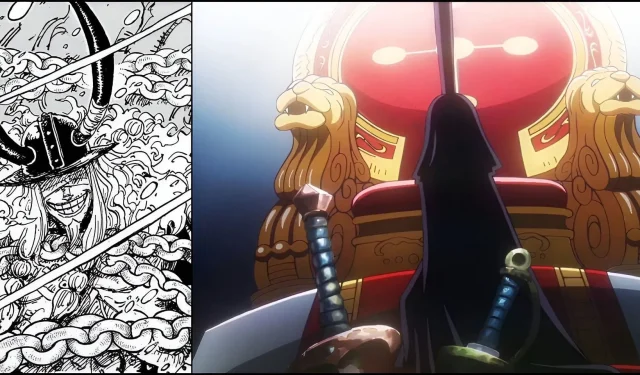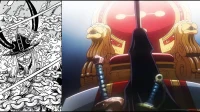The Elbaf arc in One Piece has unveiled a host of formidable characters, notably introducing the enigmatic Accursed Prince, Loki. His backstory is intricately intertwined with that of King Harald, Elbaf’s monarch. Loki’s notorious actions, including the alleged murder of his father, have sparked numerous mysteries, particularly regarding the World Government’s involvement in Elbaf’s affairs.
Disclaimer: The opinions presented in this article are speculative theories based on the writer’s interpretation.
Unraveling Elbaf’s Connection to the World Government in One Piece
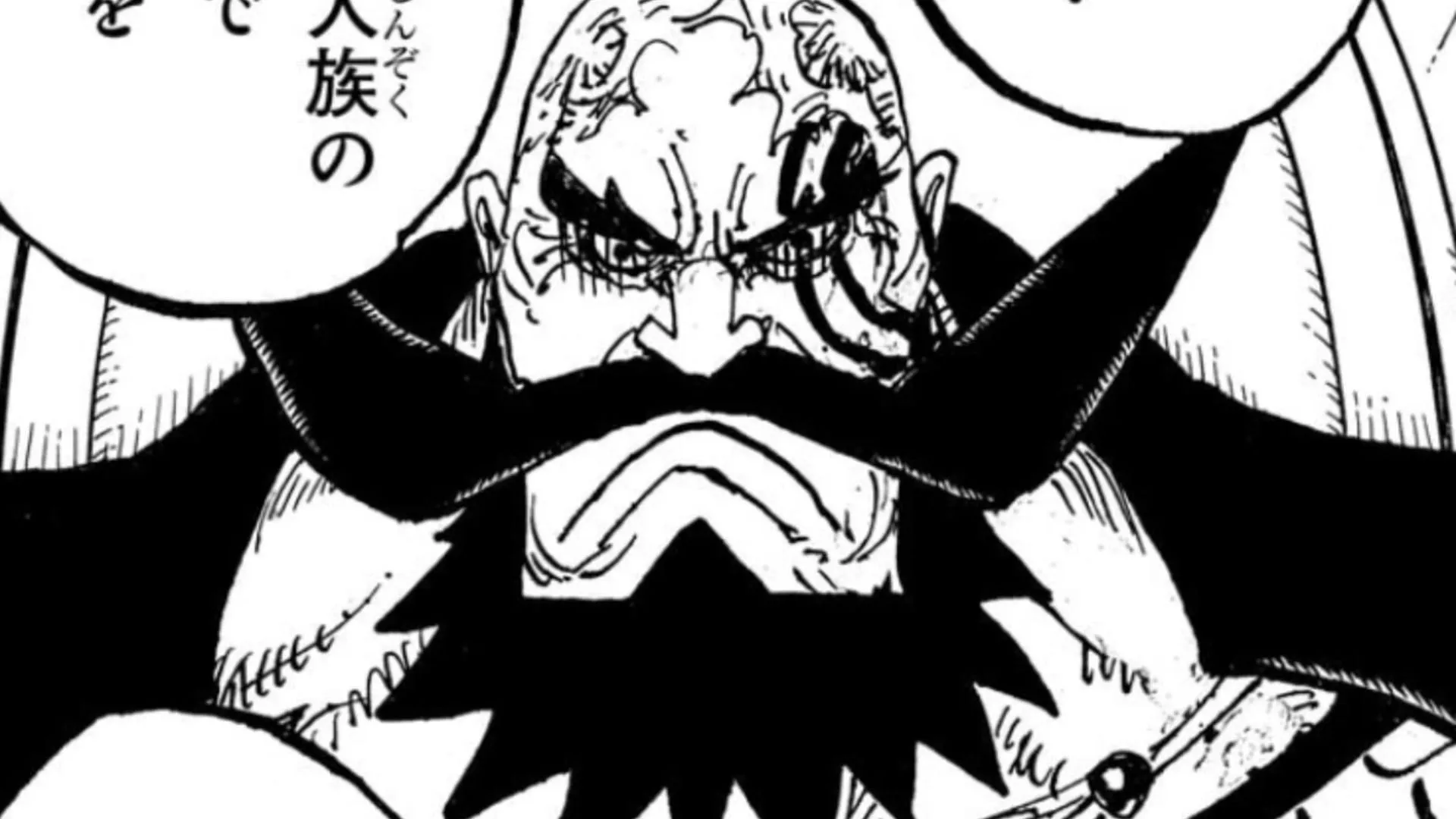
Loki’s volatile nature raises suspicions about a deeper link between King Harald and the World Government. While the Government’s association with Elbaf remains unconfirmed, historical evidence suggests an extensive political influence spanning generations.
The World Government has consistently pursued control over giant factions, evident in their attempts to artificially enhance giants and their enlistment of giant Marines like John Giant and Saul. This legacy of manipulation prompts inquiries into the extent of their connections with Elbaf’s royal lineage.
One pivotal clue lies in the influence of Mother Carmel. Renowned within Elbaf, her capacity to shape the destinies of giants hints at her possible sway over King Harald Himself. If she played a role in facilitating meetings between Harald and the World Government, it’s feasible that Harald became a pawn in a grander strategy.
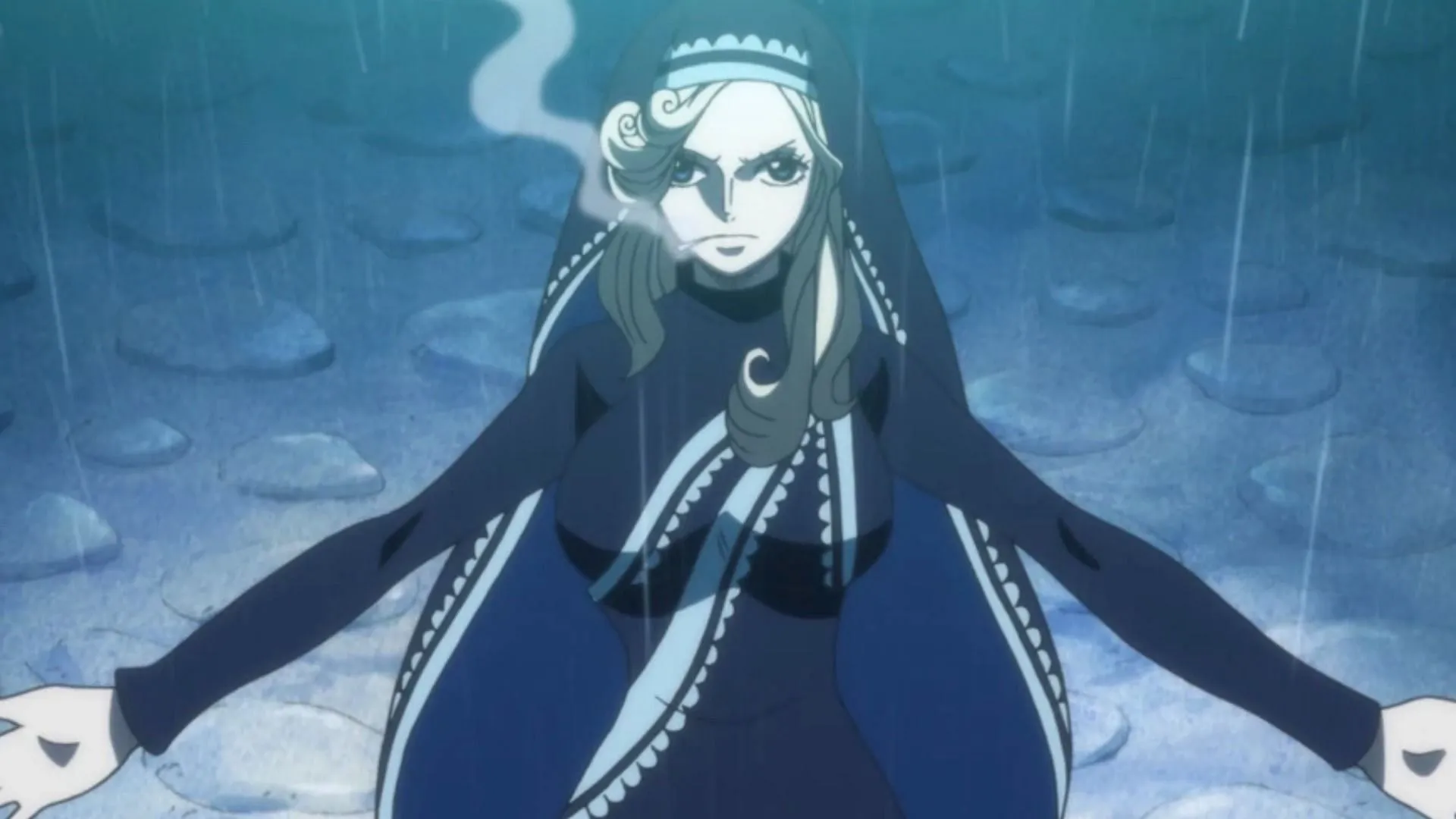
The presence of the Holy Knights further supports this hypothesis. These elite warriors serve the Celestial Dragons and oversee Mariejois but seem to have engaged with Harald as well. The request from Holy Knight Sommers to visit Harald’s tomb raises unsettling questions. Why would a knight dedicated to Celestial Dragons show interest in the affairs of a king from a non-aligned nation? It suggests that Harald maintained significant ties with the Holy Knights, indicating a deeper political agenda at play.
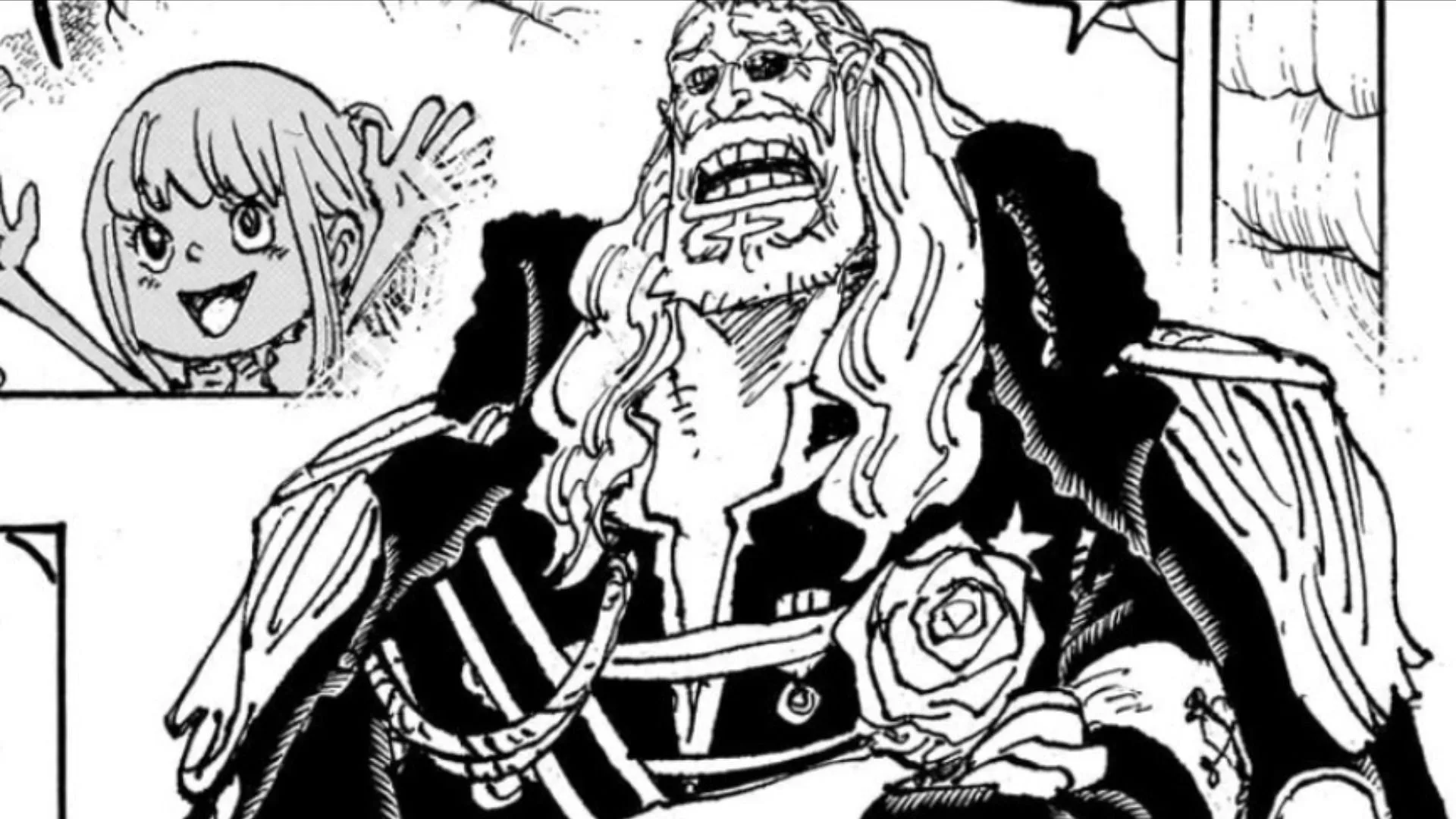
As the sole heir and firsthand witness to his father’s dealings, Loki would be acutely aware of the manipulative forces at work. His unpredictable behavior may represent a conscious rejection of external control. In contrast to his father, Loki appears unwilling to be embroiled in these scheming dynamics.
By adopting the title “Sun God,”Loki positions himself in direct opposition to the World Government’s influence, embodying ideals they likely fear. His erratic demeanor could be perceived as an assertion of his independence from manipulation.
Loki’s knowledge of the Holy Knights raises eyebrows, especially considering their secretive nature. As a prince from a secluded kingdom, his awareness of such clandestine entities seems unlikely unless he had direct encounters. If Harald was indeed negotiating with the Holy Knights, Loki may have been a silent observer during pivotal discussions that shaped his father’s convictions.
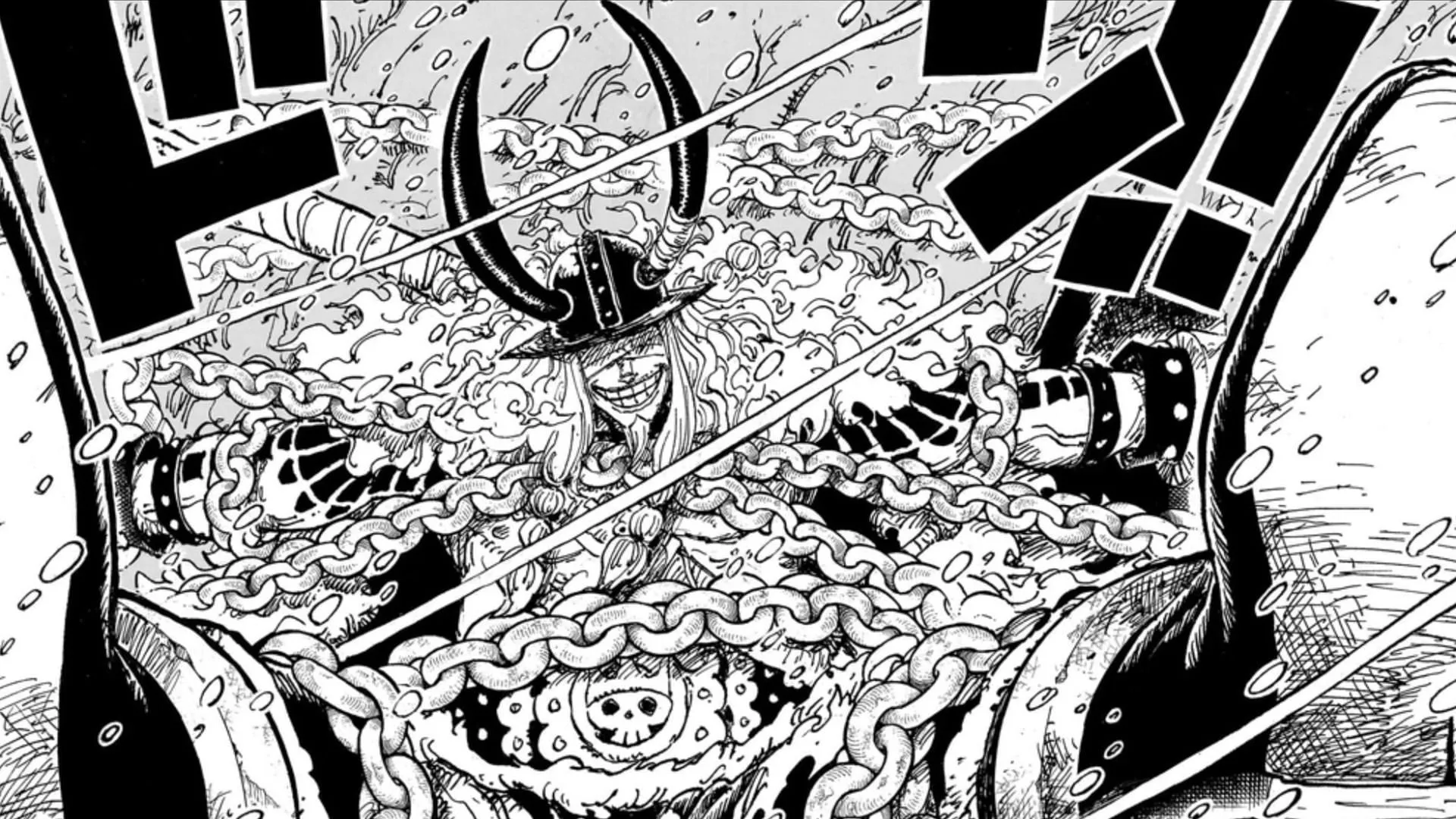
The unexpected death of King Harald introduces a significant plot twist. Loki’s imprisonment following his father’s demise, purportedly over a coveted Devil Fruit, raises suspicions of a set-up. If he did kill Harald, it likely wasn’t for selfish reasons but as a preemptive measure to safeguard the world from the World Government’s potential exploitation of the fruit.
Supposing the fruit in question resembles Luffy’s Nika fruit—an asset of immense value—it stands to reason that Loki, aware of the Government’s ambitions, made a grievous decision to intervene before the fruit could be offered to them.
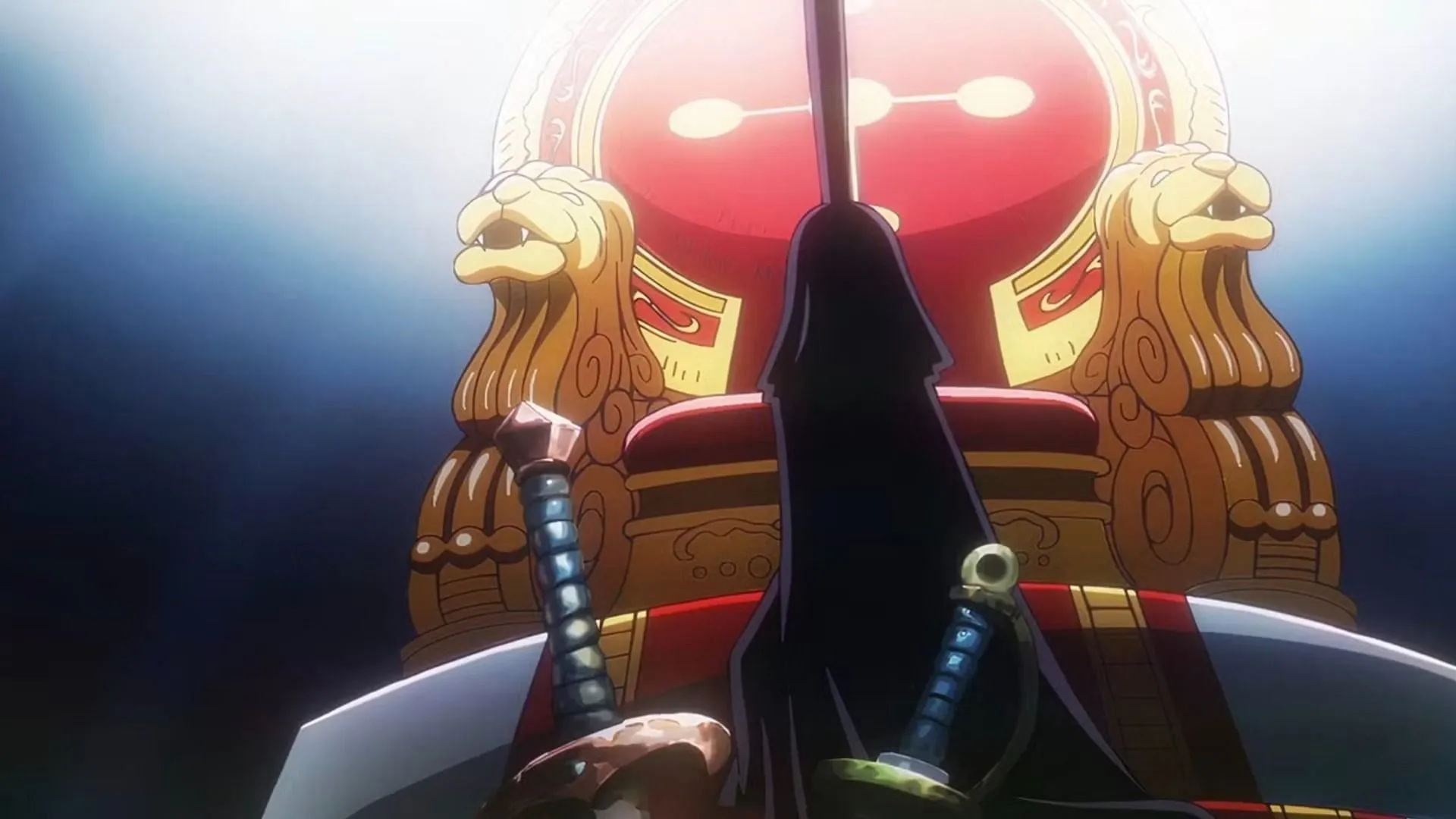
Harald’s downfall could have stemmed from long-term propaganda, casting him not as an outright antagonist but as a victim of the World Government’s deceitful promises. If Harald believed he was working for Elbaf’s benefit, his eventual capitulation may have been coerced rather than malicious. Witnessing his father being manipulated into serving the Government’s expansive agenda might have left Loki no choice but to act.
In the wake of Harald’s defeat, the World Government’s strategic retreat from Elbaf was likely calculated. With their primary tie to the island severed, they may have adjusted their focus. However, ongoing developments in One Piece—including Joyboy’s Haki and the Egghead incident—indicate that Elbaf will once again become pivotal on the Government’s agenda.

As the narrative of One Piece approaches its climax, behind-the-scenes maneuvers will likely escalate. This time, the World Government may adopt a strategy of total control, tightening their grip on Loki and plunging him into an even greater conflict than before.
Loki is not merely a reckless adversary devoid of reasoning. His motives arise from a profound resistance to an unseen influence that has long directed Elbaf’s fate. His unpredictable nature, refusal to yield, and extreme choices paint him as a man compelled to confront a harsh reality and to rebel, even at the expense of his legacy.
Concluding Insights
In the realm of One Piece, Loki’s actions serve as a poignant response to insidious manipulation. Having witnessed his father’s descent into the World Government’s machinations, he is determined not to repeat history. His erratic demeanor may instead signify a conscious resistance against external coercion, suggesting that if Loki was deceived, then his father’s betrayal was distinctly political in nature.
